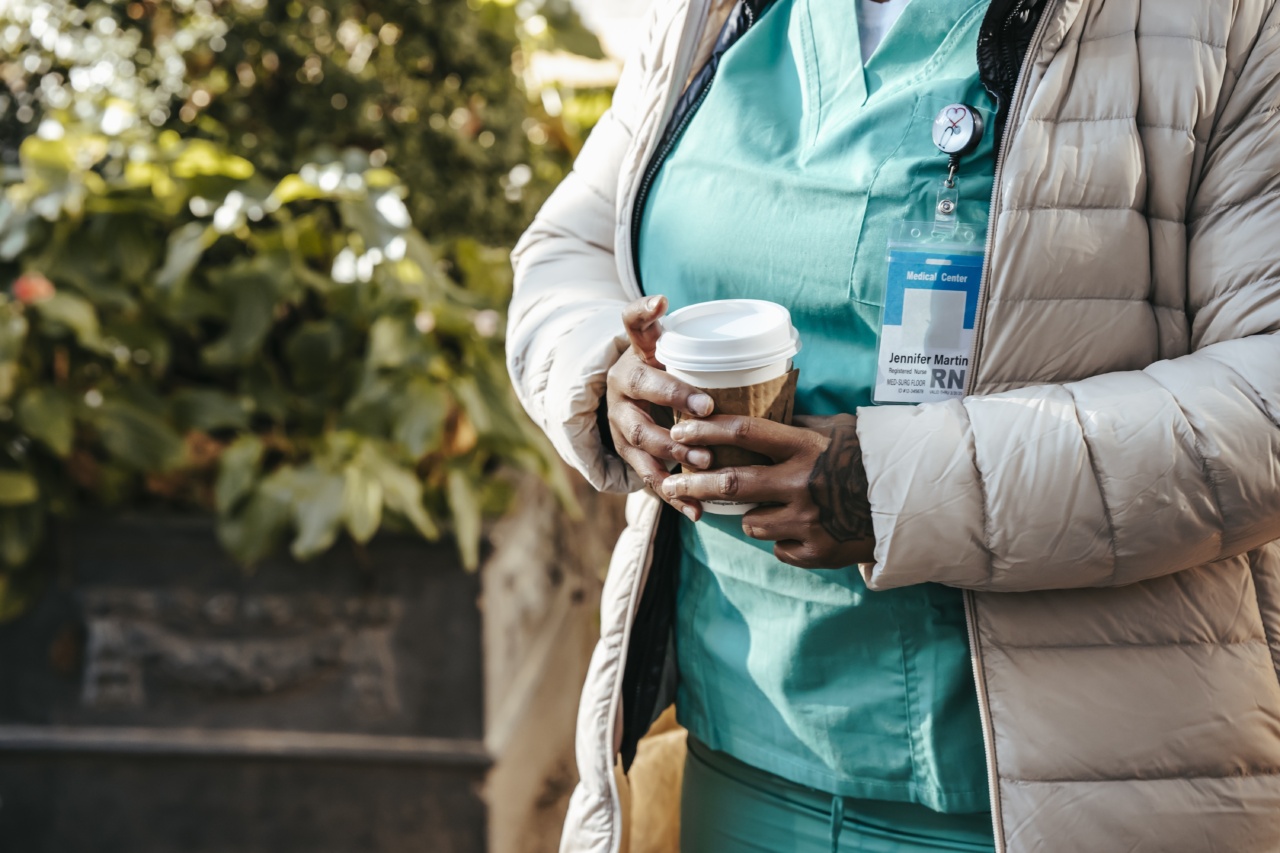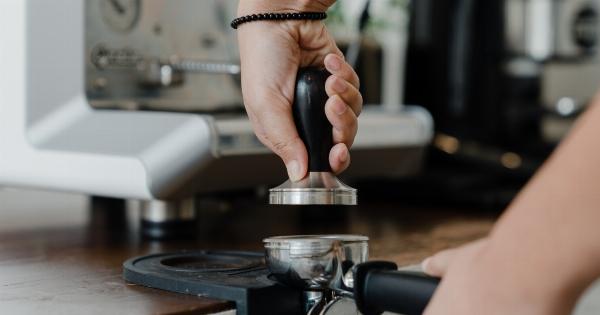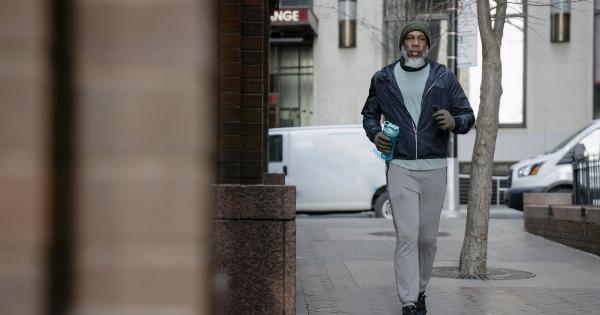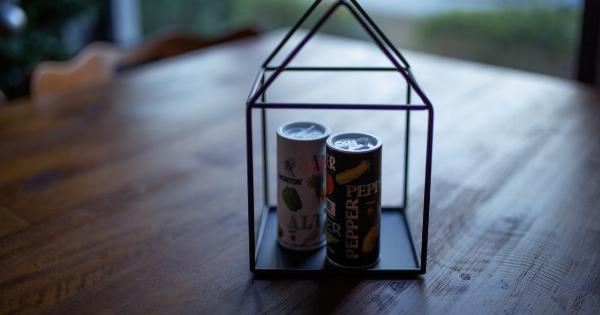Many people turn to caffeine to help them get through the day.
Whether it’s from coffee, tea, energy drinks, or even chocolate, caffeine is a widely used stimulant that acts on the central nervous system to increase alertness and improve mental performance. But too much of a good thing can be dangerous, and caffeine overdose is a real concern.
What is Caffeine Overdose?
Caffeine overdose happens when you consume too much caffeine in a short period of time.
The amount of caffeine that can cause an overdose varies from person to person, but it generally happens when you consume more than 400 milligrams of caffeine per day. This is equivalent to four cups of coffee, ten cans of soda, or two energy shots. The symptoms of caffeine overdose can vary from mild to severe and can include:.
- Restlessness and jitteriness
- Anxiety and nervousness
- Rapid heartbeat and palpitations
- Insomnia and sleep disturbances
- Muscle tremors
- Headache and dizziness
- Nausea and vomiting
- Seizures
If left untreated, a caffeine overdose can lead to more serious complications, including:.
- Dehydration and electrolyte imbalances
- Heart arrhythmias and cardiac arrest
- Stroke
- Coma
- Death
How Does Caffeine Overdose Happen?
Caffeine overdose can happen in several ways:.
- Consuming too much caffeine at once: If you drink too much coffee, energy drinks, or take too many caffeine pills or shots, you may experience a caffeine overdose.
- Drinking high-caffeine beverages: Some energy drinks, sodas, and teas can contain very high levels of caffeine, making it easier to consume dangerous amounts of caffeine.
- Taking medications that contain caffeine: Some over-the-counter pain relievers, weight loss pills, and cold medicines contain caffeine, which can add up if taken regularly.
- Combining caffeine with alcohol or drugs: Mixing caffeine with alcohol or certain prescription or recreational drugs can increase the risk of a caffeine overdose.
Who is at Risk of Caffeine Overdose?
Anyone can experience a caffeine overdose, but some people may be more at risk than others. This includes:.
- Children and teenagers: They have a lower body weight and may be more sensitive to the effects of caffeine.
- Pregnant women: High levels of caffeine can harm the developing fetus and increase the risk of miscarriage and preterm birth.
- People with underlying health conditions: Some medical conditions, such as heart disease, anxiety disorders, and gastrointestinal disorders, can increase the risk of a caffeine overdose.
How Can You Prevent Caffeine Overdose?
The best way to prevent caffeine overdose is to be mindful of the amount of caffeine you consume. Here are some tips:.
- Limit your caffeine intake: Keep track of how much caffeine you consume in a day and try to stay under 400 milligrams.
- Choose low-caffeine options: Opt for decaffeinated coffee and tea, low-caffeine sodas and energy drinks, and other beverages that contain less caffeine.
- Read labels carefully: Check the labels of medications and supplements for caffeine content and avoid taking multiple products that contain caffeine.
- Avoid high-risk combinations: Do not mix caffeine with alcohol or drugs that can increase the risk of a caffeine overdose.
- Know your limits: If you feel the effects of caffeine overdose, stop consuming caffeine and seek medical attention as soon as possible.
The Bottom Line
Caffeine can be a useful stimulant when consumed in moderation, but too much caffeine can be dangerous. Caffeine overdose can cause a range of symptoms, from mild to severe, and can lead to serious complications if left untreated.
To prevent caffeine overdose, it’s important to be aware of the amount of caffeine you consume and to choose low-caffeine options when possible. If you experience symptoms of caffeine overdose, seek medical attention immediately.






























